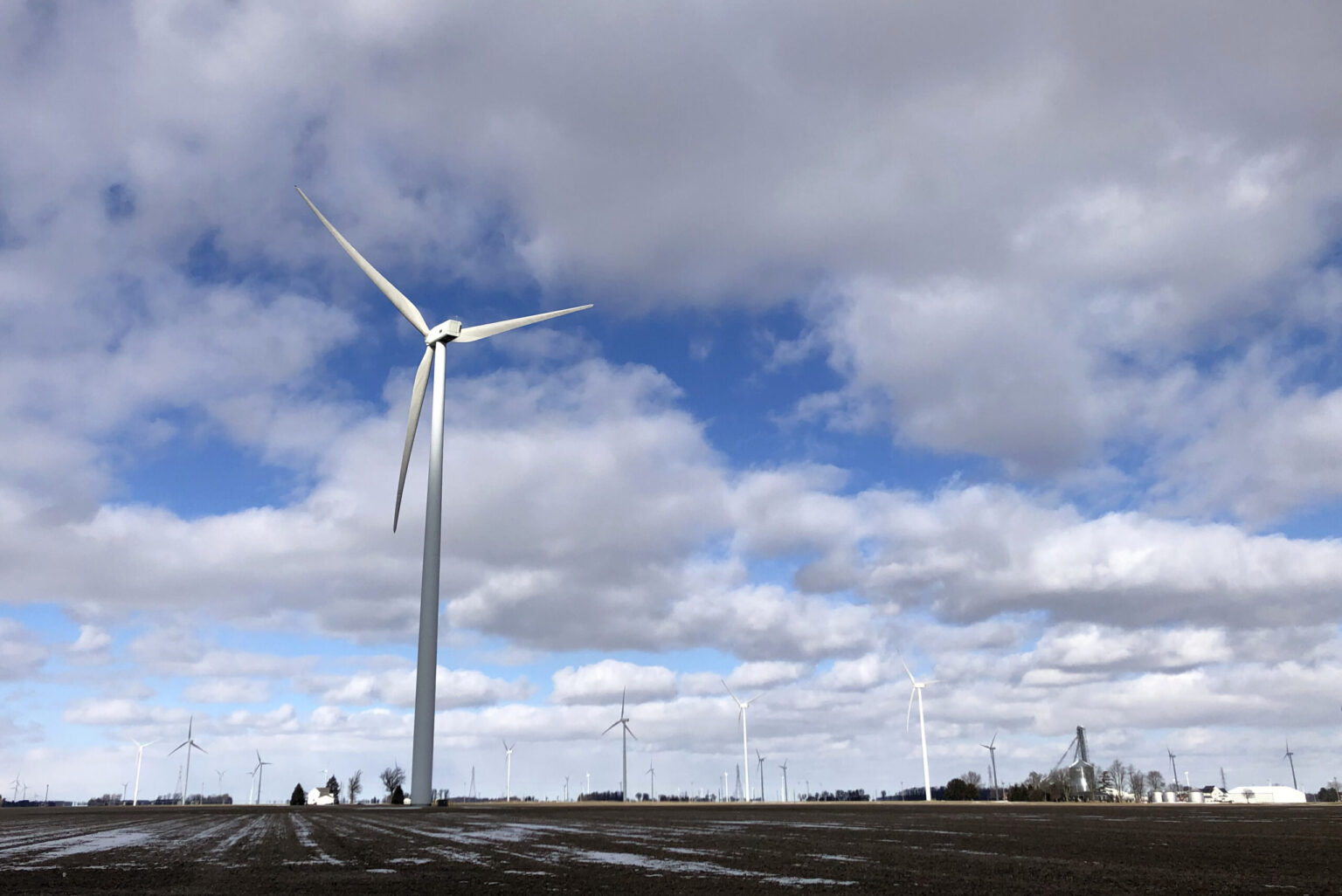
Christopher Ingraham, Minnesota Reformer
Renewable sources like wind and solar accounted for one-third of Minnesota’s power generation in 2023, according to a new report from Clean Energy Economy Minnesota and the Business Council for Sustainable Energy. The two groups represent the interests of businesses working in the clean energy sector.
Nuclear energy generated an additional 21% of the state’s power, bringing Minnesota’s total zero-carbon energy share to 54%, the highest in the Midwest. It’s the fourth consecutive year that share has been above 50%.
“Minnesota’s clean energy transition leads the Midwest, and the rest of the country is taking notice,” said Lisa Jacobson, president of the Business Council for Sustainable Energy. “Already supplying the state with most of its energy, Minnesota continues to lead on clean energy and energy efficiency deployment, with significant investment happening throughout the state.”
Since 2013, according to the report, the share of Minnesota power coming from coal has dropped by more than one half while the renewable share increased by 50%. Nuclear has held steady, while natural gas’ proportion has doubled.
“The data released today show the success of public and private sectors working together to grow Minnesota’s clean energy economy,” said Grace Arnold, commissioner of the Department of Commerce.
The shift toward renewables is driven largely by concerns over a warming climate that could radically alter Minnesota’s landscape and economy if left unchecked. Last year Gov. Tim Walz signed legislation mandating the state’s energy production to be 100% carbon-free by 2040. The state also aims to completely decarbonize the transportation sector by 2050, although that goal may be more difficult to achieve.
The Legislature is currently considering ways to hit its self-imposed 2040 goals. One is a permitting reform bill currently before the House and Senate, which would make it faster and cheaper to approve new solar and wind projects, as well as streamline the process for new transmission lines.
Lawmakers are also looking at support for geothermal energy and anaerobic digesters, which create methane by breaking down organic material.
